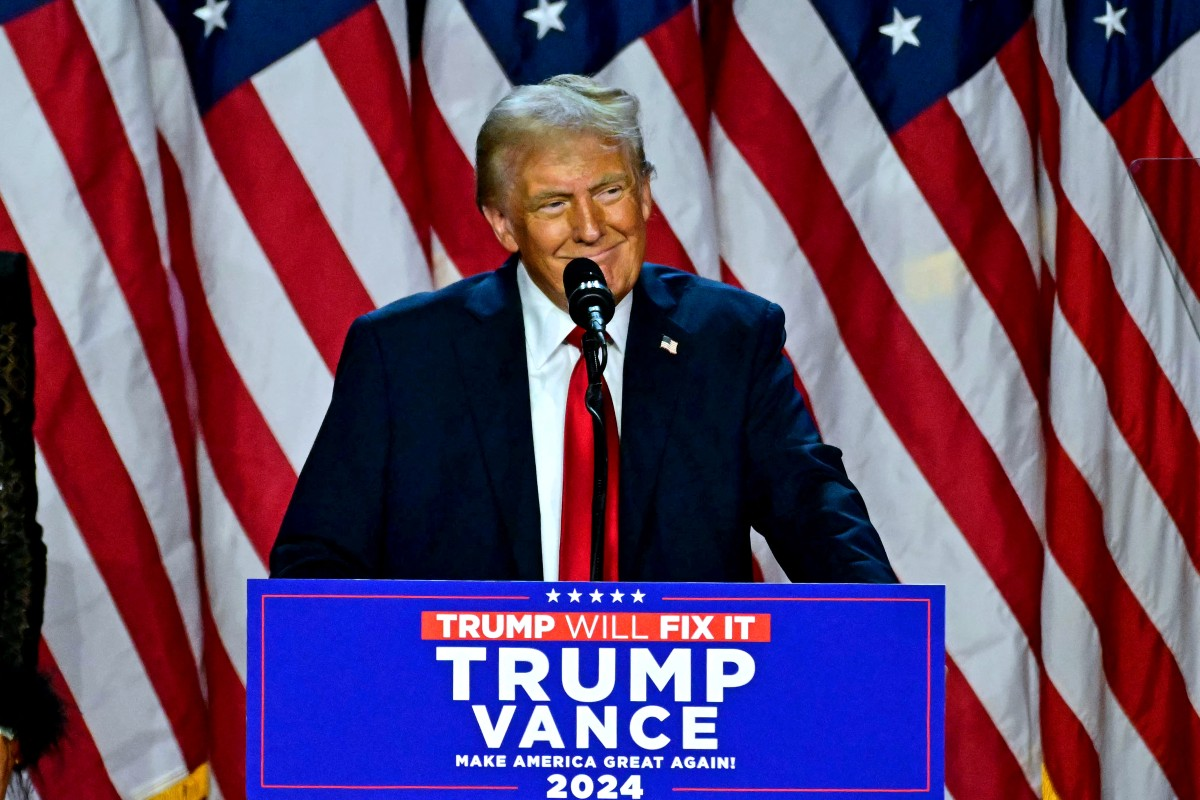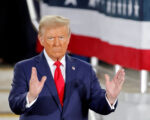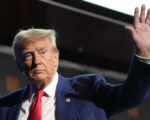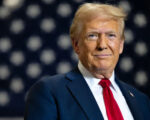Trump Victory Set to Test U.S. Democratic Institutions and Global Relations

In a historic return to the presidency, Donald Trump, 78, has regained the White House after his defeat four years prior, stirring anticipation of changes in U.S. governance and international relations. Trump’s comeback, secured with a comfortable Electoral College win and significant popular vote margin, marks a shift after a campaign marked by polarizing rhetoric and two attempts on his life. Vice President Kamala Harris, who stepped in after President Joe Biden withdrew from the race in July, will officially concede later in the day.
Trump’s electoral win hinged on pivotal swing states, with Wisconsin delivering the deciding electoral votes. By mid-morning, Trump led Harris with 279 electoral votes to her 223, while some states continued to tally ballots. His popular vote count also reflected a five-million-vote lead, marking a rare occurrence of a Republican winning both the Electoral College and popular vote since George W. Bush in 2004. At a victory celebration in Florida, Trump described his mandate as “unprecedented and powerful.”
The campaign underscored issues like inflation, immigration, and public safety, key areas that Trump emphasized as urgent concerns for American voters. Economic hardship, particularly among Hispanic and low-income communities, as well as rural and non-college-educated voters, contributed to Trump’s broad support. Many Americans voiced frustration with persistent inflation despite low unemployment and record stock market performance, with a majority indicating a preference for Trump’s economic policies over those of Harris.
On the global front, Trump’s victory is expected to impact trade, climate policy, and immigration, as well as the ongoing conflict in Ukraine. Ukrainian President Volodymyr Zelenskiy expressed optimism about Trump’s “peace through strength” stance, while Russian officials cautiously hoped his leadership might expedite conflict resolution. Israeli Prime Minister Benjamin Netanyahu congratulated Trump, discussing shared security concerns, including the Iranian threat. In contrast, the Palestinian group Hamas urged the U.S. to reconsider its “blind support” for Israel.
Beyond foreign policy, Trump’s second term promises to test U.S. democratic institutions, with his proposals to reduce corporate taxes, potentially rekindle trade tensions, and accelerate deportation of undocumented immigrants. He has also expressed intentions to reform civil service policies to address what he perceives as disloyalty, raising concerns among critics about political influence over federal agencies.
The Republican Party gained a Senate majority, though control of the House remains narrowly divided. Markets globally reacted positively to the election, with major stock indices and the dollar experiencing significant gains.
For Harris, her unexpected 15-week campaign fell short against Trump’s robust support base. Throughout her campaign, she warned voters of Trump’s authoritarian ambitions and posed the election as critical for safeguarding democracy. Nearly three-quarters of exit poll respondents viewed American democracy as under threat, reflecting the polarized state of the electorate. Harris’s appeals were amplified by former Trump officials, including General John Kelly, who called Trump a “fascist” in an effort to sway undecided voters.
The campaign’s heated rhetoric saw moments of violence, including two assassination attempts against Trump, which heightened concerns about political volatility. Following Biden’s departure from the race after a July debate, Harris mounted a swift campaign and rallied significant funding, but ultimately could not overcome Trump’s entrenched base and financial backing from figures like Elon Musk, who invested heavily in Trump-supporting initiatives.
With Inauguration Day set for January 20, Trump will take office alongside Vice President JD Vance. His administration is expected to include roles for prominent supporters like Elon Musk and former presidential candidate Robert F. Kennedy Jr., setting a tone for a highly scrutinized presidency that will likely further intensify political divides across the nation.





















